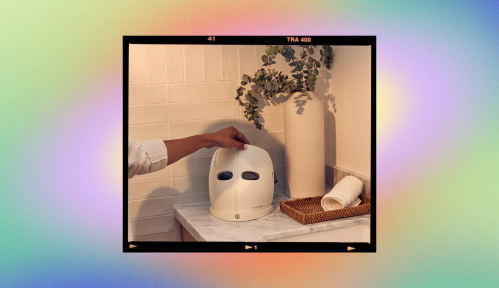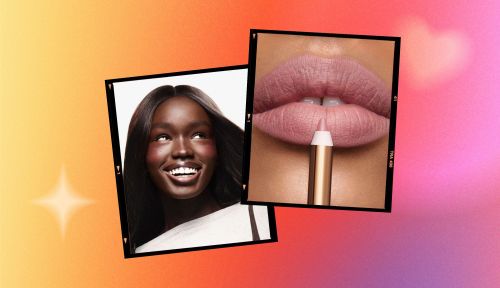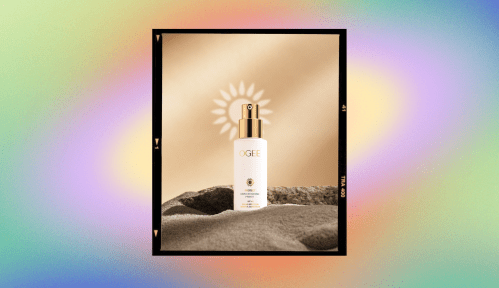Our editors independently select these products. Making a purchase through our links may earn Well+Good a commission
A Dermatologist in Her 50s Shares the Skin-Care Secrets She Wishes She Knew in Her 30s
Here, a dermatologist shares the skin-care secrets she's learned after nearly three decades in the industry.
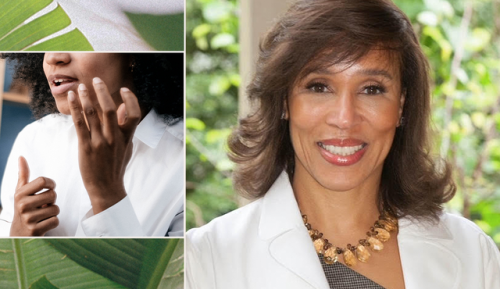
After 27 years as a dermatologist, Jeanine Downie, MD knows a thing or two about how to care for her skin. But considering hindsight is 20/20 (and, as they say, “an ounce of prevention is worth a pound of cure”), now that she’s in her early 50s, there are a few things she wishes she’d learned sooner. Below, she shares skin-care secrets she’s picked up in the last three decades that could have made even more of a difference if she’d known them in her 30s (or younger). Be sure to keep these in mind for yourself, and shift your routine accordingly.
Experts in This Article
board-certified dermatologist
4 skin-care secrets from a dermatologist in her 50s
1. Staying on top of moisturizer makes a difference as you age
When your skin is dry, it’s tight. And when it’s tight, it’s easier for fine lines and wrinkles to settle in and stick around. So keeping your face moisturized can help stave off premature signs of aging.
“I wish that I had moisturized more when I was younger,” says Dr. Downie, who is a board-certified dermatologist in Montclair, New Jersey, and the founder of Image Dermatology. “One of my favorite ways to moisturize now is with Emepelle ($195). I’m not menopausal yet, but my skin is going through hormonal changes and this cream is good for estrogen-deficient skin. But, I should have moisturized more when I was younger.”
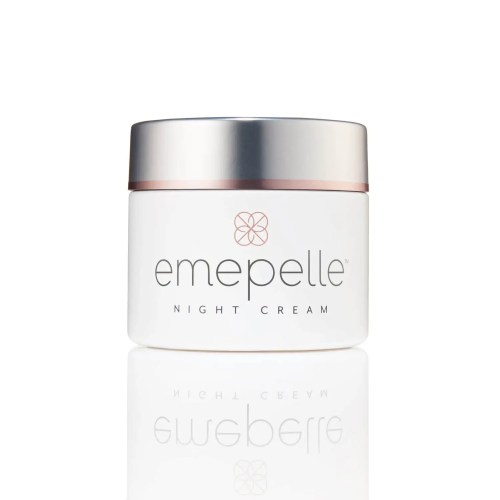
Emepelle Night Cream — $195.00
2. It’s important to pay attention to light protection—both indoors and out
This is something we hear time and time again from dermatologists because it’s so important: You have to protect your skin from UV damage.
“Everybody needs to wear sunscreen every single day, regardless of their ethnicity, January through December,” says Dr. Downie. “I was a lifeguard and swim instructor and I had a ton of skin damage from the sun. And because I’m African American, I didn’t take sun damage seriously. So I recommend everybody from every race take sun damage more seriously. My skin looks good now but it could look so much better.”
And sunlight isn’t the only type of light you need to worry about. “The lighting from the computer, iPad, the FitBit even indoor lighting—we react to all of that,” says Dr. Downie. “So what that does is that makes our pore size bigger. It does definitely causes wrinkles over time.” It can also lead to hyperpigmentation. “I get melasma, and blue-light-based melasma is almost indistinguishable from UV-based melasma,” she adds.
One of her favorite sunscreens is the Color Science Sunforgettable Total Protection Face Shield ($42). It’s a mineral sunscreen that includes iron oxide, which gives it a bit of a tint (making it easier to blend into your skin) while providing protection from indoor light. “Anti-blue-light protection is extremely valuable,” says Dr. Downie.
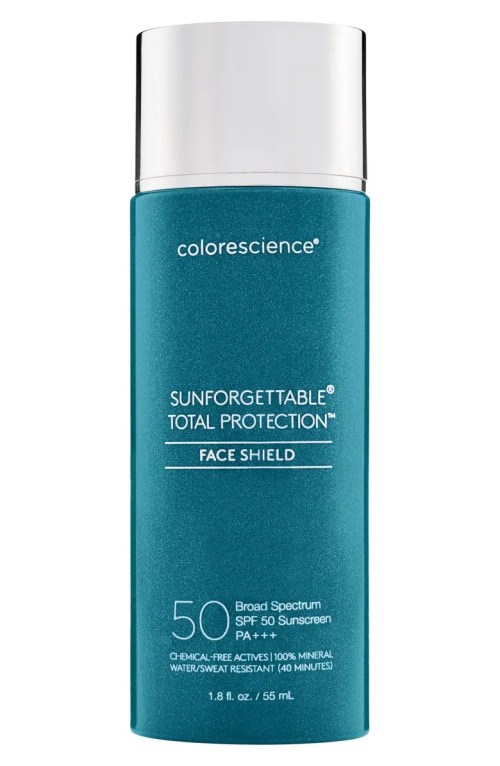
Color Science Sunforgettable Total Protection Face Sheild — $42.00
3. You have to take care of your neck
“The neck has some of the thinnest skin on the body,” says Dr. Downie. “It doesn’t have the amount of oil that the face has. And it’s prone to a lot of sun damage because it’s exposed a lot. Everybody should pay more attention to their necks in terms of sunscreen and anti-aging products.” So remember to take anything that you put on your face and also apply it to your neck. And don’t just rub down a little excess—make sure your neck is getting an adequate amount of product to feel protected and nourished.
4. Rubbing your eyes can cause irreversible dark circles
“I have bad [seasonal] allergies and I used to rub my eyes so much when I was younger and you really can break the blood vessels around your eyes and that causes dark circles and that can become permanent,” says Dr. Downie. “I wish I hadn’t rubbed my eyes as much. There are things that you can do to improve it, but it doesn’t go totally away, and that’s super frustrating for a lot of people—myself included.”
Want even more beauty intel from our editors? Follow our Fineprint Instagram account for must-know tips and tricks.
Sign up for the Well+Good SHOP Newsletter
Get exclusive deals on wellness, beauty, fitness, and food products that have been hand-picked by our editors.
Got it, you've been added to our email list.

